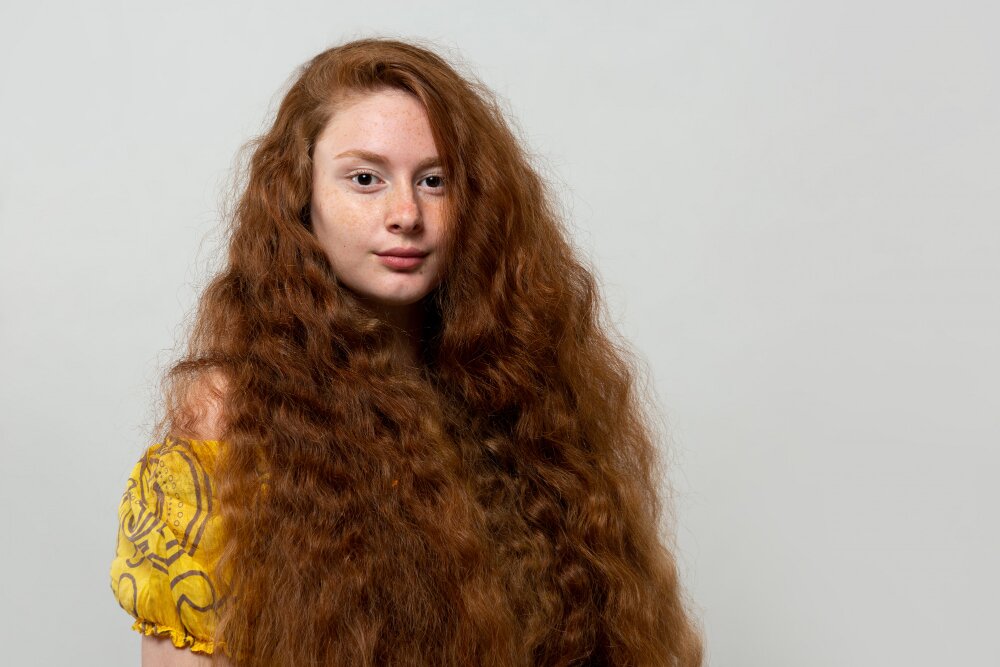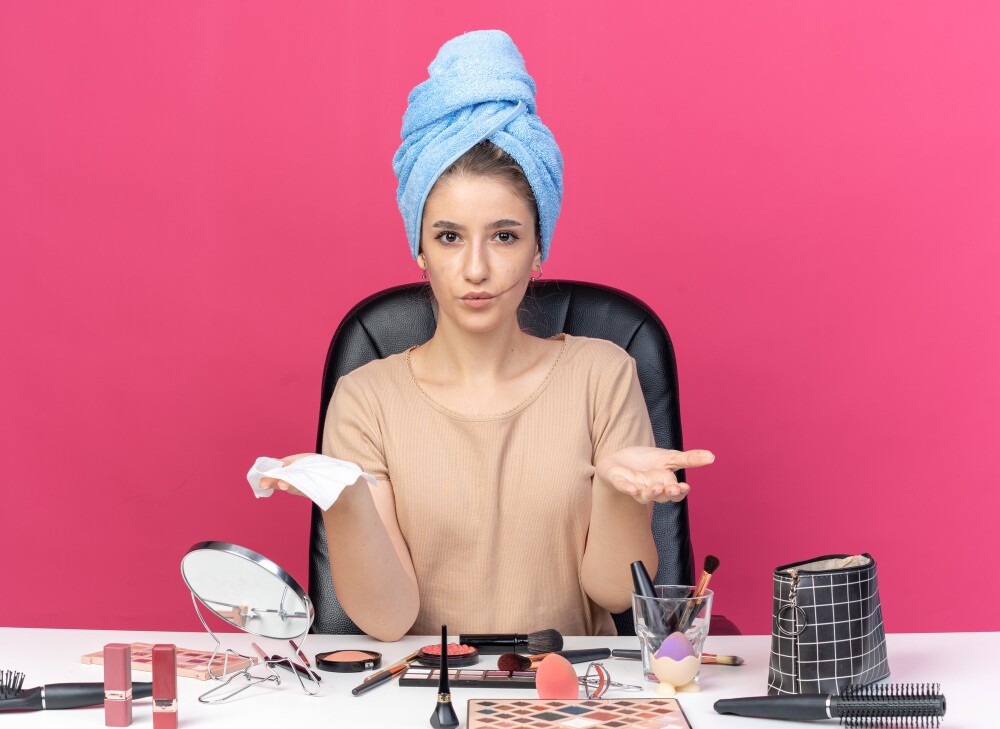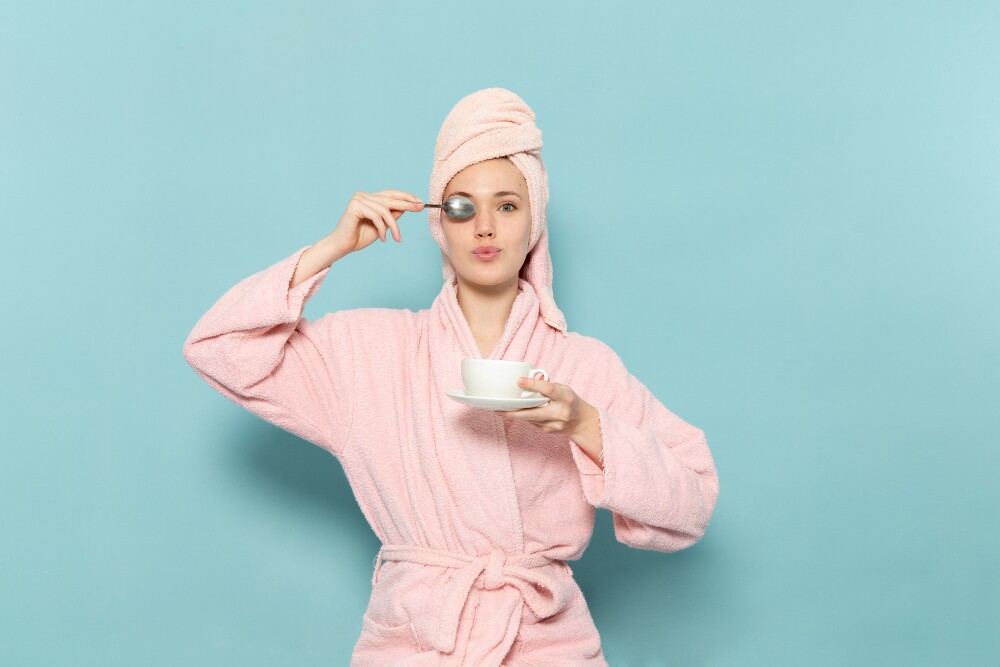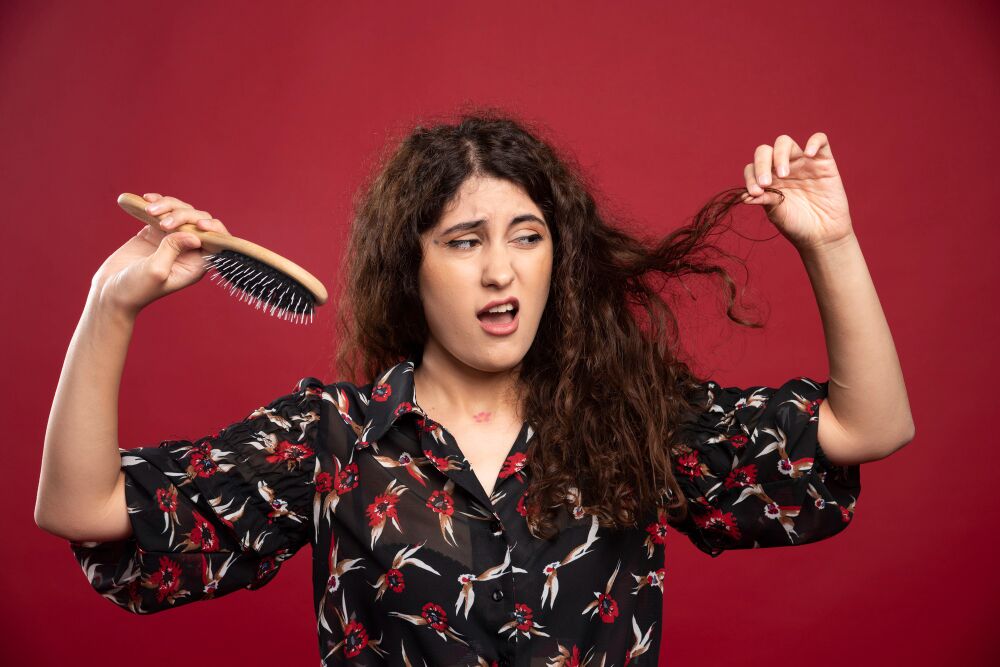What Is The Best Way to Stop Hair Loss?
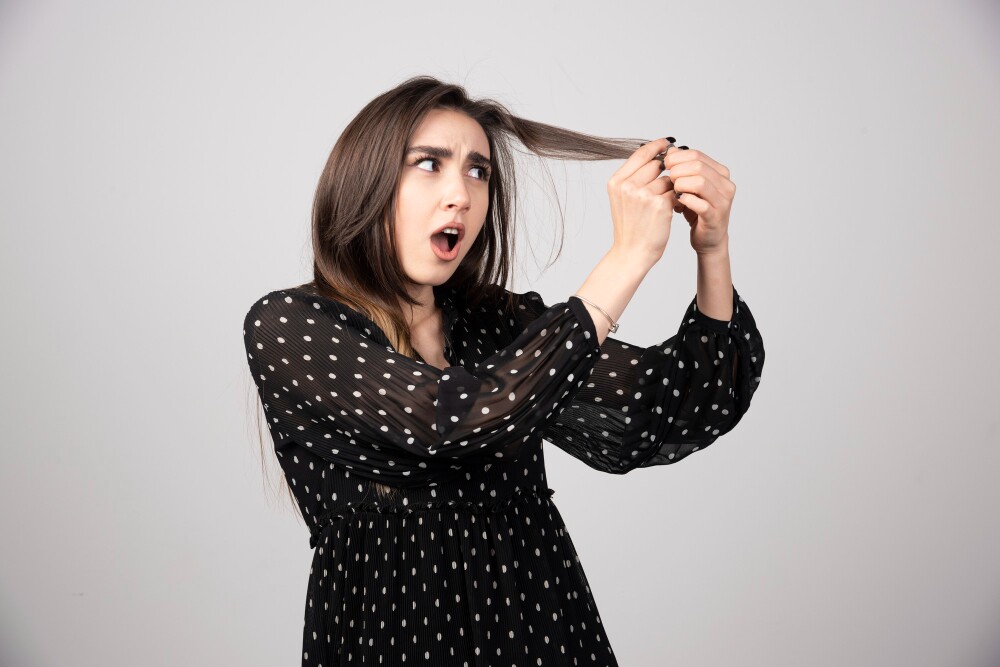
Hair loss is a common concern affecting millions of people worldwide, with both men and women susceptible to its effects. While a certain amount of hair shedding is perfectly normal, excessive or persistent hair loss can be a sign of an underlying medical condition, stress, or simply the natural process of aging. The good news is that there are proactive steps and treatment options available that may help slow down, prevent, or even reverse hair loss.
Understanding Hair Loss: Types and Causes
Before delving into solutions, let’s explore the primary types of hair loss and their possible causes:
- Androgenetic Alopecia (Pattern Baldness): The most common type of hair loss, characterized by a receding hairline and thinning crown in men or overall thinning on the top of the scalp in women. A genetic predisposition and hormonal factors play a major role.
- Telogen Effluvium: Temporary hair thinning caused by stress, shock to the system (like surgery or childbirth), hormonal changes, dietary deficiencies, or certain medications.
- Alopecia Areata: An autoimmune disorder where the body attacks its own hair follicles causing patchy hair loss.
- Traction Alopecia: Hair loss due to prolonged tension on the hair follicles caused by hairstyles like tight braids, ponytails, or extensions.
- Scarring Alopecia: Results from inflammation that destroys hair follicles, leading to permanent hair loss. This can be caused by certain skin conditions.
Reasons Behind Hair Loss
The following are some of the common reasons that can contribute to hair loss:
- Genetics: A strong family history of hair loss can increase your predisposition.
- Hormones: Hormonal fluctuations, including those associated with menopause, thyroid problems, and pregnancy can all trigger hair loss.
- Medical Conditions: Underlying illnesses like scalp infections, autoimmune disorders, and certain skin diseases can lead to hair loss.
- Medications: Side effects of some medications, including chemotherapy, certain blood pressure drugs, and antidepressants, among others, can cause temporary hair shedding.
- Stress: High levels of physical or emotional stress can have a significant impact on hair growth.
- Nutrition & Diet: Inadequacies in iron, protein, zinc, and other vital nutrients can affect hair health.
Effective Ways To Combat Hair Loss
Now let’s dive into the methods and treatments available to help stop or reduce hair loss and promote healthy hair regrowth:
1. Medical Treatments
- Minoxidil (Rogaine): A topical medication available over-the-counter for both men and women. It works by enlarging hair follicles and stimulating hair growth.
- Finasteride (Propecia): A prescription oral medication for men, primarily used to treat male pattern baldness. It blocks the production of a hormone that can damage hair follicles.
- Platelet-Rich Plasma (PRP) Therapy: This treatment involves injecting concentrated platelets from your own blood into the scalp to promote healing and hair growth.
- Hair Transplantation: Surgical procedures to permanently relocate hair follicles from one area of the scalp to another.
2. Lifestyle Changes
- Manage Stress: Practice stress-reduction techniques like yoga, meditation, deep breathing, or spending time in nature.
- Eat a Healthy Diet: Ensure a well-rounded diet rich in protein, iron, zinc, B vitamins, and vitamin D. Consider including fruits, vegetables, lean protein, whole grains, and healthy fats.
- Limit Chemical Treatments: Avoid harsh chemicals commonly found in hair dyes, perms, and relaxers.
- Be Gentle with Your Hair: Avoid tight hairstyles, excessive brushing, and heat styling tools.
3. Natural Remedies with Potential Benefits (Please consult with your doctor before using these remedies)
- Onion Juice: Preliminary studies suggest that applying onion juice to the scalp might help with patchy hair loss.
- Rosemary Oil: May work similarly to minoxidil to promote hair growth.
- Saw Palmetto: A plant-based remedy that may inhibit the hormone linked to hair loss.
- Scalp Massage: Improves blood circulation to the scalp, encouraging hair growth.
- Coconut Oil or Aloe Vera: May help soothe the scalp and improve hair health.
4. Supplements (Consult a doctor to assess if they’re right for you)
- Iron: Useful if your hair loss is caused by iron deficiency.
- Zinc: Essential for hair growth and repair.
- Biotin: A B vitamin that plays a part in keratin production.
- Vitamin D: May play a role in hair follicle health.
5. When to Seek Professional Help
It’s essential to see a dermatologist or a hair loss specialist if you experience any of the following:
- Sudden onset of rapid hair loss
- Patchy hair loss
- Hair loss accompanied by scalp itching, redness, or pain
- Hair loss occurring with other symptoms
A specialist will determine the underlying cause and recommend the most appropriate treatment plan.
Additional Preventive Strategies
Along with the methods mentioned, here are some additional tips to support hair health and prevent further loss:
- Protect Your Hair from the Sun: Wear a hat or use hair products with SPF to shield your hair from harmful UV rays.
- Avoid Smoking: Smoking can reduce blood flow to the scalp.
- Get Sufficient Sleep: Adequate rest is crucial for overall health, including healthy hair growth cycles.
- Keep Hair Loose: Avoid pulling your hair tightly to reduce strain on your follicles.
- Use a Soft Bristle Brush: Be gentle when brushing and detangling your hair.
Key Points to Consider
- Patience is Key: Remember that addressing hair loss takes time. Results with treatments may not be immediately visible; it can take several months to notice an improvement.
- Realistic Expectations: Each individual responds differently to treatments, and while some hair loss may be reversible, sometimes the goal is to slow down the progression.
- Don’t Rely on Quick Fixes: Be cautious of “miracle” hair loss cures often found on the internet. Always consult reliable sources and medical professionals.
- Don’t Neglect the Emotional Impact: Hair loss can significantly influence self-esteem and emotional well-being. Seek support if needed, whether through a therapist, support group, or trusted friend.
Hair Loss in Women: Specific Considerations
While hair loss can affect anyone, women may require a specialized approach. Here are some additional points for women:
- Evaluate Hormonal Changes: Hormonal fluctuations related to birth control, menopause, or medical conditions like Polycystic Ovarian Syndrome (PCOS) can lead to hair loss. Address any underlying hormonal issues.
- Check for Iron Deficiency: Iron deficiency is a common cause of hair loss in women, especially those with heavy periods or restrictive diets.
- Consider Hair-Friendly Hairstyles: Avoid tight hairstyles that put stress on the hair. Choose loose styles or use soft hair ties.
- Camouflaging Techniques: While treatments work, explore temporary options like hair powders, tinted scalp sprays, or hair extensions to mask thinning areas.
Emerging Trends and Hair Loss Research
The field of hair loss treatment is constantly evolving. Here are some exciting new developments and research areas to keep an eye on:
- Low-Level Laser Therapy (LLLT): While results are still being researched, LLLT uses light therapy to potentially stimulate hair growth.
- Stem Cell Therapy: Researchers are investigating the ability of stem cells to regenerate hair follicles. Though still in the early stages, this approach holds promise for future hair loss solutions.
- Topical Finasteride: Currently used orally, scientists are exploring a topical solution of finasteride that may have fewer side effects.
- Advances in Gene Therapy: Researchers are looking at ways to modify genes responsible for hair loss. This field has the potential to offer more targeted and long-term solutions.
Debunking Common Hair Loss Myths
Let’s bust some widespread misconceptions about hair loss:
- Myth: Wearing hats causes hair loss. Fact: This is false. Hats don’t restrict blood flow to hair follicles and pose no threat to hair health.
- Myth: Over-shampooing leads to hair loss. Fact: Washing your hair regularly keeps the scalp clean and healthy. Shampooing itself doesn’t cause hair loss unless you’re scrubbing extremely harshly.
- Myth: Stress causes permanent hair loss. Fact: While stress can trigger temporary hair loss (telogen effluvium), hair usually grows back once the stress resolves.
- Myth: Cutting your hair frequently makes it grow back thicker. Fact: Cutting only trims the ends of your hair. While this can make it appear healthier, it doesn’t impact the thickness or growth rate.
Final Note on Mental Health
Dealing with hair loss can be emotionally taxing. Don’t hesitate to seek support from a therapist or support group to cope with the psychological impact. Here are some helpful resources :
- American Hair Loss Association: https://www.americanhairloss.org/
- The National Alopecia Areata Foundation: https://www.naaf.org/
- The Trichotillomania Learning Center: https://www.bfrb.org/ (for hair pulling disorders)
The Bottom Line
Hair loss might feel overwhelming, but know that there’s hope. With the right approach, many types of hair loss are treatable or manageable.
Here’s a quick recap of the primary takeaways:
- Understand the root cause of your hair loss to find the most suitable solution.
- Consult a dermatologist or hair loss specialist for expert guidance.
- Combine medical treatments with healthy lifestyle changes for optimal results.
- Be patient, consistent, and have realistic expectations about treatment outcomes.
- Focus on your overall health and well-being, as this contributes to healthy hair.
Disclaimer
This article provides general information about hair loss and potential solutions. It does not substitute for professional medical advice. Always consult a doctor for tailored diagnosis and treatment recommendations.

